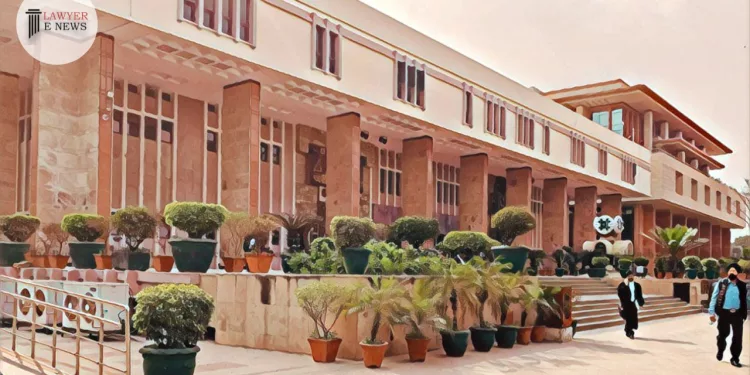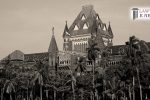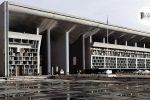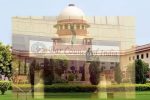Delhi High Court Upholds Jurisdiction of Debts Recovery Tribunal for SARFAESI Act Claims Below ₹10 Lakh

In a significant ruling, the Delhi High Court has affirmed the jurisdiction of the Debts Recovery Tribunal (DRT) for claims made under the Securitization and Reconstruction of Financial Assets and Enforcement of Security Interest (SARFAESI) Act, even when the amount involved is below ₹10 lakh. This verdict clarifies a crucial legal issue and ensures that individuals and firms have access to the DRT as a forum for redressal in cases of SARFAESI Act actions.
Delhi High Court’s decision came in a case where a borrower had challenged the jurisdiction of the DRT to entertain an application filed by a bank under Section 13(10) of the SARFAESI Act, despite the debt being less than ₹10 lakh. The Court ruled that the DRT has appellate jurisdiction when actions initiated under Section 13 of the SARFAESI Act are contested before it. It noted that the legislative intent was to provide a remedy for debtors facing SARFAESI Act proceedings, even for claims below the specified limit.
The Court further emphasized that the SARFAESI Act should not be interpreted in isolation from the Recovery of Debts Due to Banks and Financial Institutions Act, 1993 (RDB Act). It highlighted that the RDB Act’s provisions, including those related to set-offs and counterclaims, are essential to the overall scheme of adjudication and recovery of debts. The SARFAESI Act lacks such provisions.
The ruling has important implications for borrowers and secured creditors, as it ensures that individuals and firms can seek redressal through the DRT for SARFAESI Act actions, irrespective of the debt amount involved. It also underscores the importance of providing debtors with a remedy when faced with actions for the enforcement of security interest under the SARFAESI Act.
This decision aligns with the principle of ensuring access to justice and protecting the rights of individuals and entities in financial matters, particularly in cases involving secured creditors and outstanding debts below ₹10 lakh.
Date of Decision: 01 November 2023
IDFC FIRST BANK LIMITED VS UNION OF INDIA AND ORS.





